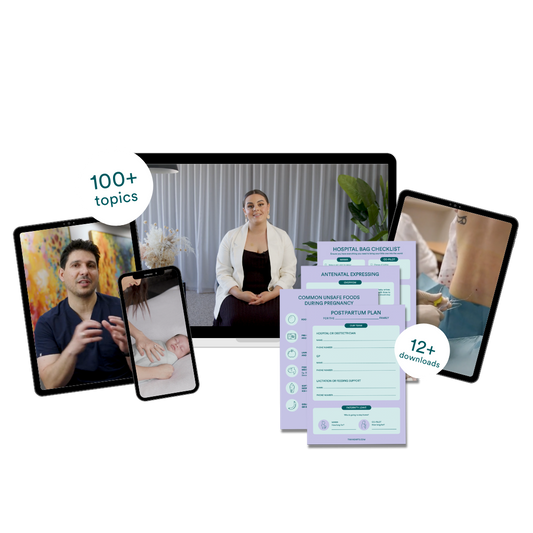Gastroenteritis is a common illness among children, particularly those aged under five years old. It is an infection of the gut that causes inflammation and irritation of the stomach and intestines, leading to symptoms such as vomiting, diarrhoea, abdominal pain, and fever.
Gastroenteritis is most commonly caused by a viral infection, such as rotavirus or norovirus. These viruses are highly contagious and can spread easily through contact with infected people or surfaces. Bacterial infections, such as salmonella, can also cause gastroenteritis. These are usually acquired through the consumption of contaminated food or water. Other causes of gastroenteritis include parasites, toxins, and certain medications.

Symptoms of Gastroenteritis
The symptoms of gastroenteritis usually appear within one to three days of exposure to the virus or bacteria. The most common symptoms include:
- Diarrhoea: Loose, watery stools that occur frequently.
- Vomiting: Forceful expulsion of stomach contents.
- Abdominal pain: Cramping or discomfort in the stomach.
- Fever: Elevated body temperature, usually above 38°C.
- Dehydration: Loss of fluids and electrolytes due to diarrhoea and vomiting.
Children with gastroenteritis may also experience other symptoms, such as loss of appetite, irritability, and lethargy. In severe cases, they may develop complications such as electrolyte imbalances or sepsis.
Management of Gastroenteritis
The management of gastroenteritis in children is aimed at relieving symptoms, preventing complications, and promoting recovery. The Australian guidelines for the management of gastroenteritis in children recommend the following:
Rehydration
The most important aspect of management is the prevention and treatment of dehydration. Children with gastroenteritis should be encouraged to drink fluids, preferably oral rehydration solution (ORS), which contains a balanced mix of electrolytes and glucose. If you are bottle feeding your baby, give ORS instead for the first 12 hours, then give normal formula in small frequent amounts after. Infants should be given breastmilk or formula, and older children can also be given clear fluids such as water. In severe cases of dehydration, hospitalisation and intravenous fluids may be required. It is important to be keeping track of your child's input and output if you suspect dehydration. Using a tracker such as the Tiny Hearts dehydration tracker is a simple, easy way to monitor their hydration.
Here's a video that demonstrates how little ones with gastro can become dehydrated:
Children with gastroenteritis may have a reduced appetite and may not want to eat. However, it is important to encourage them to eat small, frequent meals that are easy to digest, such as plain rice, toast, and bananas. Breastfeeding should be continued as usual, and formula-fed infants may need to be given smaller, more frequent feeds. Offer your baby a drink every time they vomit.
Preventing the spread
Gastroenteritis is highly contagious, and it is important to prevent the spread of infection. This can be achieved through good hygiene practices, such as handwashing, disinfecting surfaces, and avoiding close contact with infected individuals. Children with gastroenteritis should also be excluded from childcare or school until they are well.
Do I need to give my child medication?
Over-the-counter medications that reduce vomiting or diarrhoea should not be given to children as they may be harmful.
When to Seek Medical Advice
In most cases, gastroenteritis in children is an illness that will self-resolve within a few days. However, parents should seek medical advice if their child has gastro and:
- Is younger than six months old
- Is unable to keep down fluids
- If the symptoms last more than 10 days
- Have more than 8-10 watery poos
- Has signs of dehydration, such as reduced urine output, dark urine, dry mouth, or sunken eyes.
- Has bad stomach pain
- Is lethargic or unresponsive.
- Has blood in their poo
- Has green vomit
Want to Feel More Confident About Managing Sickness at Home?
When it comes to managing sickness in your little one, having the right knowledge can make all the difference. Our Surviving Sickness course equips parents with the tools to confidently handle common illnesses at home, recognise when professional help is needed, and stay calm under pressure.








